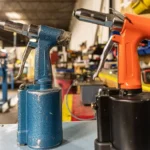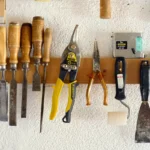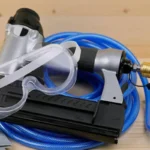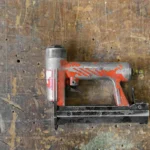Are you tired of yelling over the roar of your air compressor? Not only is excessive noise unpleasant, it can also be harmful to your hearing and disruptive to your work environment.
In this article, we’ll discuss a variety of strategies to quiet down your noisy air compressor, making your workspace a more peaceful place.
Understanding Air Compressor Noise
Air compressors are invaluable in many industrial, automotive, and construction settings, but they can be quite noisy. The two most common types of compressors—rotary screw and reciprocating—each have their own sound profiles. Rotary screw compressors are generally quieter and are suited for continuous operation, while reciprocating compressors are louder due to their higher power output.
Noise from these machines is produced through mechanical vibrations and the operation of internal components like pistons and gears. This noise can escalate if the compressor is not properly maintained or if it’s operating in an unsuitable environment.
Strategies for Noise Reduction
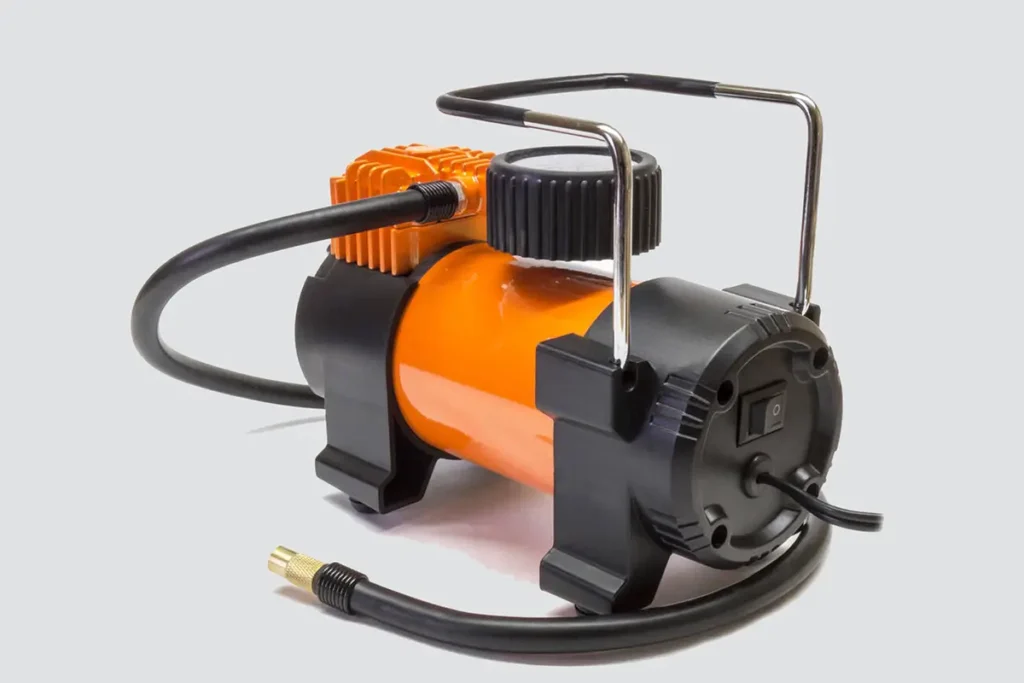
Enclosures
One of the simplest ways to reduce noise is to encase your compressor in a soundproof enclosure. This contains the sound within a confined space, preventing it from spreading. When building or buying an enclosure, make sure it has adequate ventilation to avoid overheating, which can be just as troublesome as the noise itself.
Anti-Vibration Mounts
Installing anti-vibration mounts can significantly reduce the noise that travels through the ground and into your workspaces. These mounts act like cushions, absorbing the vibrations before they can spread. It’s a small change that can make a big difference in the ambient noise level, allowing you to work without the distraction of constant buzzing or rattling.
Sound Dampening Materials
To further quiet your air compressor, incorporating sound dampening materials can be a game-changer. Materials such as acoustic foam panels or mass-loaded vinyl can be applied to the walls of your compressor room or inside the enclosure itself. These materials work by absorbing sound waves before they can bounce around and amplify. It’s like putting a cozy blanket over the clamor, muffling the noise before it can make a break for it.
Upgrading to Quieter Models
Sometimes, the best way to reduce noise is to start with a quieter compressor. Recent advancements in compressor technology have led to models that operate much more silently than their predecessors. Investing in such a machine can be cost-effective in the long run, not just reducing noise, but also enhancing energy efficiency and reliability.
Regular Maintenance
Keeping your air compressor in tip-top shape is crucial for quiet operation. This means regular oil changes, filter replacements, and checks for any signs of wear and tear. It’s similar to tuning a car; regular upkeep can prevent a lot of noise and performance issues down the road.
Replacement of Worn Parts
Over time, compressor parts can wear out and cause extra noise. Regular inspections can help catch issues like loose belts or deteriorating seals before they become noisy problems. Replacing these parts promptly not only keeps the compressor running quietly but also extends its lifespan.
Environmental Controls
Room Modifications
Modifying the compressor room can have substantial benefits. Think of it as setting the stage for a play—the better the stage, the better the performance. Insulating the room not only helps with temperature control but also reduces the amount of sound that escapes. Additionally, placing the compressor on a thick rubber mat can dampen vibrations, cutting down on noise that travels through the building structure.
Temperature and Humidity Control
Keeping your compressor cool and dry isn’t just about operational efficiency; it also affects noise levels. A cooler, drier environment helps prevent the compressor from working harder than it needs to, which in turn keeps it quieter. Consider using air conditioning or a dehumidifier in the compressor room to maintain optimal conditions.
Implementing these strategies can transform a deafening compressor room into a bearable workspace. Remember, the quieter your operation, the more pleasant and productive your environment will be. So, don’t let compressor noise steal your peace. Take control with these effective techniques and enjoy the sound of silence.

Matthew Dowell
Matthew, a seasoned builder from a family of craftsmen, leads Tools Trove. His passion for tools and decades of hands-on experience fuel his commitment to providing expert reviews and insightful content. Whether you’re a pro or a DIY enthusiast, Matthew’s guidance ensures informed decisions in the world of tools.

